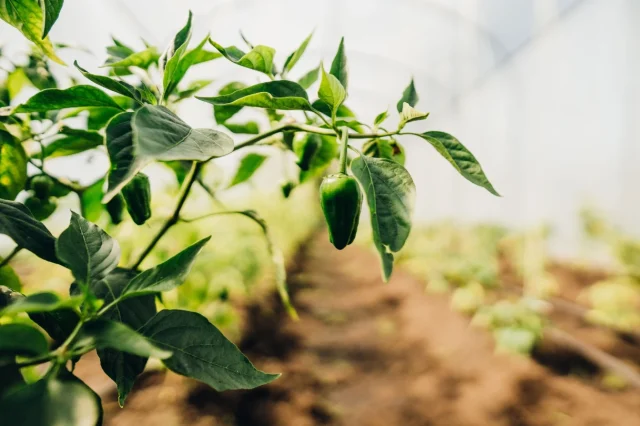Intelligent agriculture, which incorporates advanced technologies like the Internet of Things (IoT), big data, and artificial intelligence (AI), represents a critical and inevitable evolution for the agricultural sector. In Portugal, a country with a strong agricultural tradition, this transformation is particularly relevant to ensure competitiveness in domestic, European, and global markets while adapting to climate change. However, the implementation of intelligent agriculture in Portugal faces significant challenges that urgently need to be addressed.
Portugal’s agriculture is characterized by small and medium-sized farms, many of which are family-owned and have historically operated with limited resources and traditional practices. While these methods sustain cultural identity and produce high-quality food, they also pose a barrier to adopting more advanced technologies.
Furthermore, the aging population of Portuguese farmers is a factor that cannot be ignored. Resistance to change, common in any sector with an aging population, complicates the acceptance of new technologies. Lack of familiarity with digital tools and distrust of technology often lead to inertia, perpetuating methods that are, in many cases, inefficient and unsustainable.
Technological and economic barriers are also significant obstacles. Many rural areas in Portugal still have limited access to high-speed internet. Intelligent agriculture relies heavily on connectivity for monitoring crops, optimizing resource use, and predicting weather conditions. Without robust infrastructure, implementing these technologies becomes impractical.
The initial cost of implementing intelligent technologies in farms is another substantial barrier. Systems such as sensors, drones, and specialized software represent a significant investment, which many Portuguese farmers, already operating with tight profit margins, cannot afford. Even with government incentives and support, widespread adoption remains a challenge, particularly for small farmers.
Sustainability and education/training issues add complexity to the transition. While modern technologies promise more sustainable agricultural practices in the long term, the initial change may seem risky and counterintuitive to those accustomed to traditional methods. Without a clear understanding of long-term benefits, many farmers hesitate to adopt practices that initially appear to increase costs and complexity.
Therefore, education and training play a central role in overcoming these challenges. There is an urgent need for comprehensive programs that enable farmers to effectively use new technologies. However, creating such programs requires coordinated efforts between the government, educational institutions, and the private sector, which is not always easy to organize and implement efficiently.
For intelligent agriculture to become a reality in Portugal, it is imperative that the government plays an active role. Public policies should be designed not only to subsidize technology but also to support ongoing education and training for farmers. Tax incentives, accessible financing programs, and public-private partnerships can be effective mechanisms to overcome economic and technological barriers.
Additionally, modernizing rural infrastructure is essential. Investing in expanding connectivity in rural areas, for example, is a fundamental step to ensure that farmers can adopt and utilize intelligent technologies effectively.
In conclusion, the transition to intelligent agriculture in Portugal is a complex but necessary process. The challenges are many, ranging from cultural and demographic issues to technological, economic, and social barriers. However, with coordinated efforts among government, private sector (education and farmer organizations), and the agricultural community, it is possible to overcome these obstacles and ensure that Portugal not only maintains but strengthens its position in the agricultural sector. Intelligent agriculture is not just an option; it is a necessity for ensuring the sector’s sustainability and competitiveness in the future.





